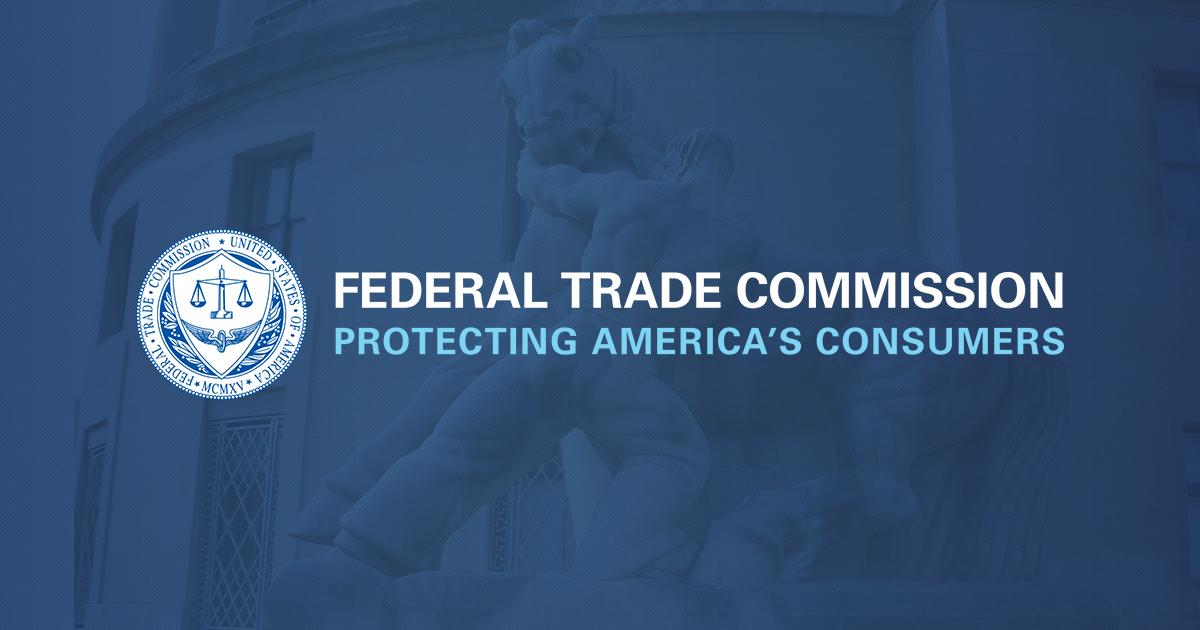The Federal Trade Commission has issued a Statement of Enforcement Principles that describes the underlying antitrust principles that guide the Commission’s application of its statutory authority to take action against “unfair methods of competition” prohibited by Section 5 of the FTC Act but not necessarily by the Sherman or Clayton Act.
“The promotion of consumer welfare is a cornerstone of the FTC’s antitrust enforcement, and these principles reaffirm the agency’s legal framework in carrying out that important mission,” said FTC Chairwoman Edith Ramirez. “The statement formally aligns Section 5 with the Sherman and Clayton Acts.”
The statement announced today explains that, consistent with FTC precedent, the Commission will adhere to the following principles when deciding whether to use its standalone authority under Section 5 of the FTC Act to challenge unfair methods of competition:
- the Commission will be guided by the public policy underlying the antitrust laws, namely, the promotion of consumer welfare;
- the act or practice will be evaluated under a framework similar to the rule of reason, that is, an act or practice challenged by the Commission must cause, or be likely to cause, harm to competition or the competitive process, taking into account any associated cognizable efficiencies and business justifications; and
- the Commission is less likely to challenge an act or practice as an unfair method of competition on a standalone basis if enforcement of the Sherman or Clayton Act is sufficient to address the competitive harm arising from the act or practice.
The Commission vote to approve the Statement of Enforcement Principles was 4-1, with Commissioner Maureen K. Ohlhausen voting no. The Commission issued a statement, and Commissioner Ohlhausen issued a dissenting statement.

